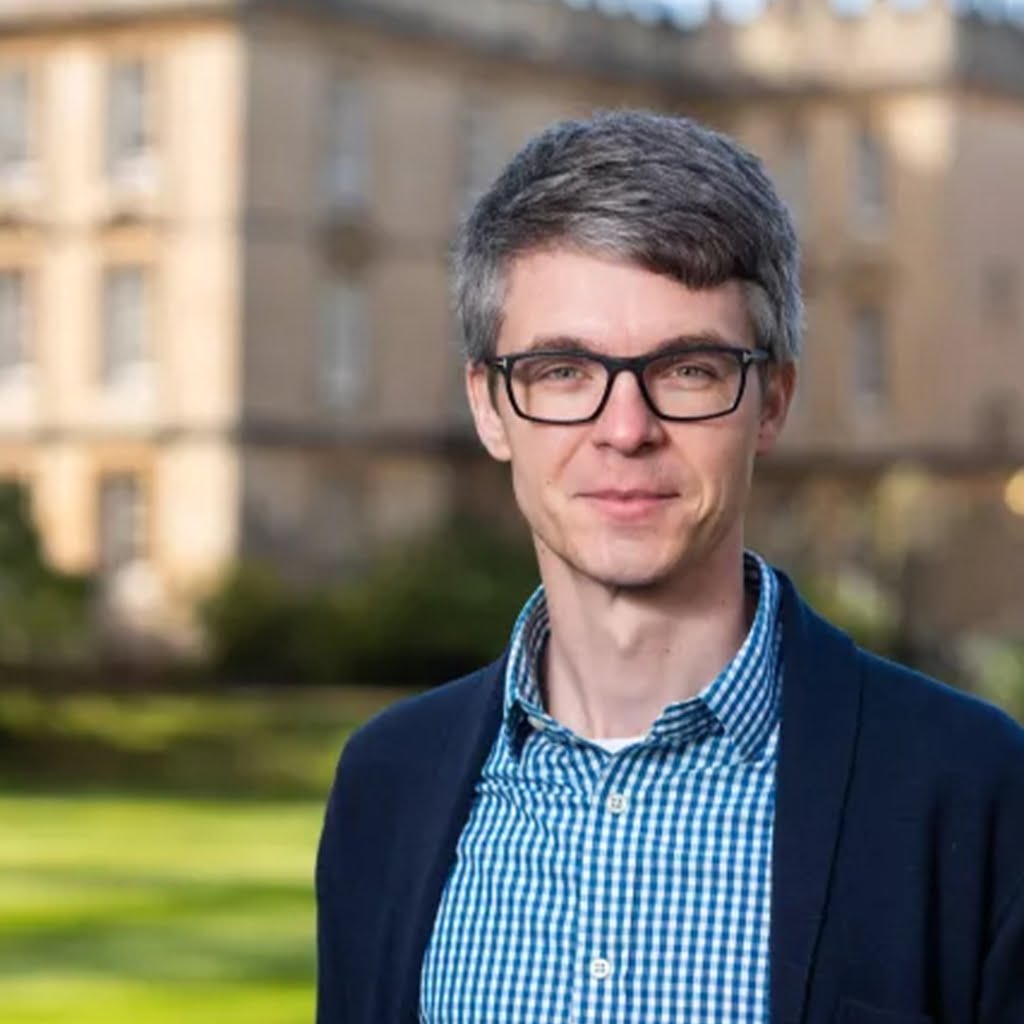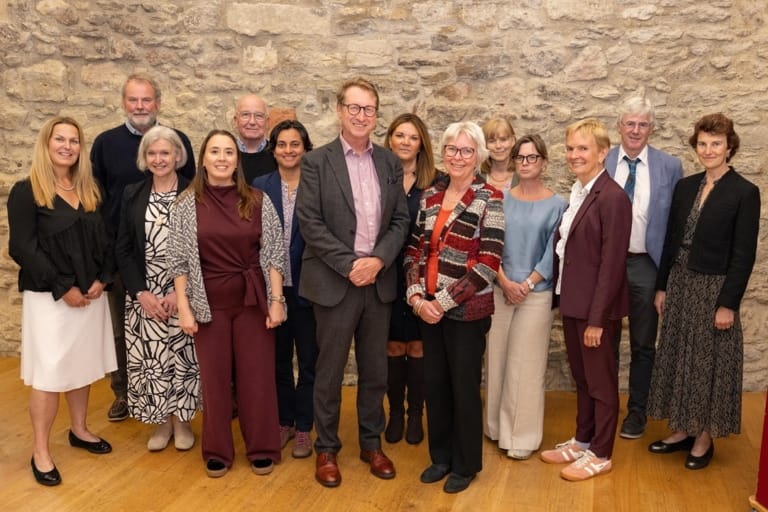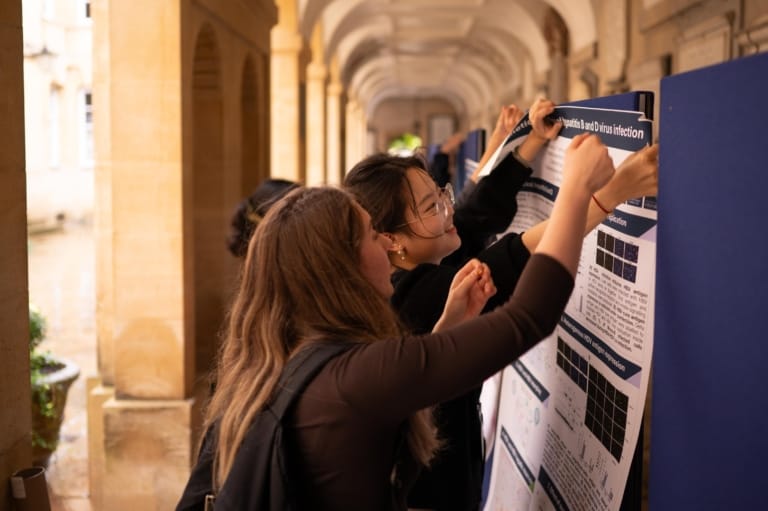We are very pleased to announce the winners of the Lister Institute Research Prizes for 2020!
It has been a highly disrupted year with the Covid-19 pandemic having a major impact on individuals and organisations across the world.
However, despite this unprecedented environment we are delighted to have been able to perform an in-depth application process that has identified four researchers who we believe have the potential to play a leading role in the development of the biomedical field in the UK and Republic of Ireland.
About the 2020 awards
Every year the Lister Institute awards a handful of high value, prestigious research prizes to early-career biomedical scientists who have demonstrated outstanding performance and potential.
The funding is very flexible and may be used to further a researcher’s work in many different ways, aside from supplementing their personal salary.
Alongside the financial incentives Prize, the Fellows also join a close-knit and highly accomplished community of past and present awardees that includes multiple senior Chairs, Fellows of the Royal Society and noted international academics.
You can view more details on the current and former Lister Fellows here and keep up to date with some of their outstanding accomplishments and other instances of recognition at our news section.
In 2020 there were a total of 114 applicants, 55 female, 59 male, seeking to become the newest members of this long-standing community.
Of these 114 applications 39 were longlisted and 11 shortlisted, with the 4 winners eventually being chosen after in-depth presentations and evaluations.
Chairman of the Lister Institute Professor Sir Alex Markham explains more on this year’s process below:
“In 2020, despite the threat of Covid-19 thwarting our usual interview plans we awarded four prizes to four excellent scientists. The candidates went through a rigorous selection process, shortlisted from an initial field of 114 applications and their work reviewed by international experts within their chosen area of research. The final eleven were interviewed via Zoom by our panel and these four deserving candidates were awarded the much sought after prize.”
“The Lister Institute has a long standing and close relationship with the Republic of Ireland and the Guinness family. We are absolutely delighted to have awarded a Lister Institute of Preventive Medicine Prize Fellowship to Tomás Ryan from Trinity College Dublin. This is the first time we have awarded the prize to a scientist in an Irish Institution. Long may it continue!”
We now present the 4 winners for 2020 along with a short description of the cutting-edge biomedical research that has made their application successful and which our funding will be supporting in the months and years to come.
The 2020 Lister Institute Research Prize winners

Dr Rebecca Lawson, University of Cambridge – computational psychiatry across the lifespan
Global Burden of Disease studies have highlighted neuropsychiatric and neurodevelopmental disorders as the leading cause of disability globally, yet we know surprisingly little about the origins of these conditions. A real challenge to making progress is mechanistic complexity – the same behaviour or symptom may be driven by different neurobiological processes in different people. In my lab we use mathematical models as a bridge to capture individual differences in the neural computations that drive symptoms. This allows us to better understand how the computations that the brain is carrying out are altered in states of disorder, and hopefully support earlier diagnosis and earlier access to interventions for the people who need it most.

Dr Tomás Ryan, Trinity College Dublin – gone or misplaced? Retrieving infant memories in adults
Memories are encoded as sparse populations of cells that are activated during learning and can operationally be defined as “engram cells”. The goal of Dr Ryan’s research is to understand how engram cells are able to store specific information. A particular focus of this work is infantile amnesia, which is the loss of memories formed in early childhood (prior to 2–4 years). Though infantile amnesia is likely the cost of crucial cognitive developmental processes, it is also a constraint on learning during early life. This research is focused on understanding the mechanistic neurobiology of this form of apparent memory loss.
You can find out more about Tomás’ work on his academic profile or his laboratory website.We were particularly pleased to award a Lister Fellowship to Dr Ryan as he is the first recipient based in an institution in the Republic of Ireland. We have previously awarded several Fellowships to Irish researchers, but they have always been working at UK institutions at the time. The Hon Rory Guinness, a senior member of the Lister Institute’s Governing Body, stated the following about Dr Ryan’s award;
“The award of a Fellowship to Dr Ryan is an immense and historic moment in the life of science in these islands.”
“The original bequest to Joseph Lister was made by Edward Cecil Guinness, my great-great grandfather. He understood the problems of insanitary conditions in the brewing process. He also had immense concern for the well-being of his fellow citizens. With amazing vision, he invested a large part of his fortune to pioneer medical research through the Lister Institute and in social housing through the Guinness Trust in the UK, and the Iveagh Trust in Dublin.”
“Edward Cecil Guinness and his son Rupert were both Chancellor of Trinity and significant benefactors.”
“It is superb to see Dr Ryan’s laboratory supported in an institution that has long been supported by us. It is recognition that there are some world class scientists in Ireland, and we look forward to welcoming Tomás into the fabled Lister fellowship.”

Dr Hayley Sharpe, The Babraham Institute – receptor tyrosine phosphatase signalling mechanisms in health and disease
The reversible phosphorylation of protein tyrosine residues enables cells to rapidly and dynamically adapt their behaviour in response to changes in their extracellular environment; a process that is often dysregulated in disease. While both kinases and phosphatases control phosphorylation, the phosphatases remain poorly understood by comparison and their therapeutic potential is yet to be realised. Recent work from Dr Sharpe’s lab has provided new insights into phosphatase signalling mechanisms. This research aims to use this knowledge to understand the cellular roles of phosphatases and to develop new approaches to target them in disease.

Dr Stephan Uphoff, University of Oxford – imaging DNA repair and mutagenesis in bacteria
DNA repair and mutagenesis define the balance between genome stability and plasticity. To understand the molecular mechanisms and their regulation, Dr Uphoff’s group develops microscopy methods to visualise DNA repair proteins at a single-molecule level and to detect mutation events within living bacterial cells. These tools provide an unprecedented direct view into the molecular processes that guard DNA stability or promote mutagenesis when bacteria experience stress conditions. Beyond the fundamental importance, this knowledge is relevant for understanding key mechanisms that drive the evolution of antibiotic resistance.
If you would like to find out more about the Lister Institute’s prestigious research funding and support for biomedical scientists in the UK and Republic of Ireland, please view this page.
And to stay up to date with all of the achievements and progress of all our Fellows, old and new, please view the news section of our site.



